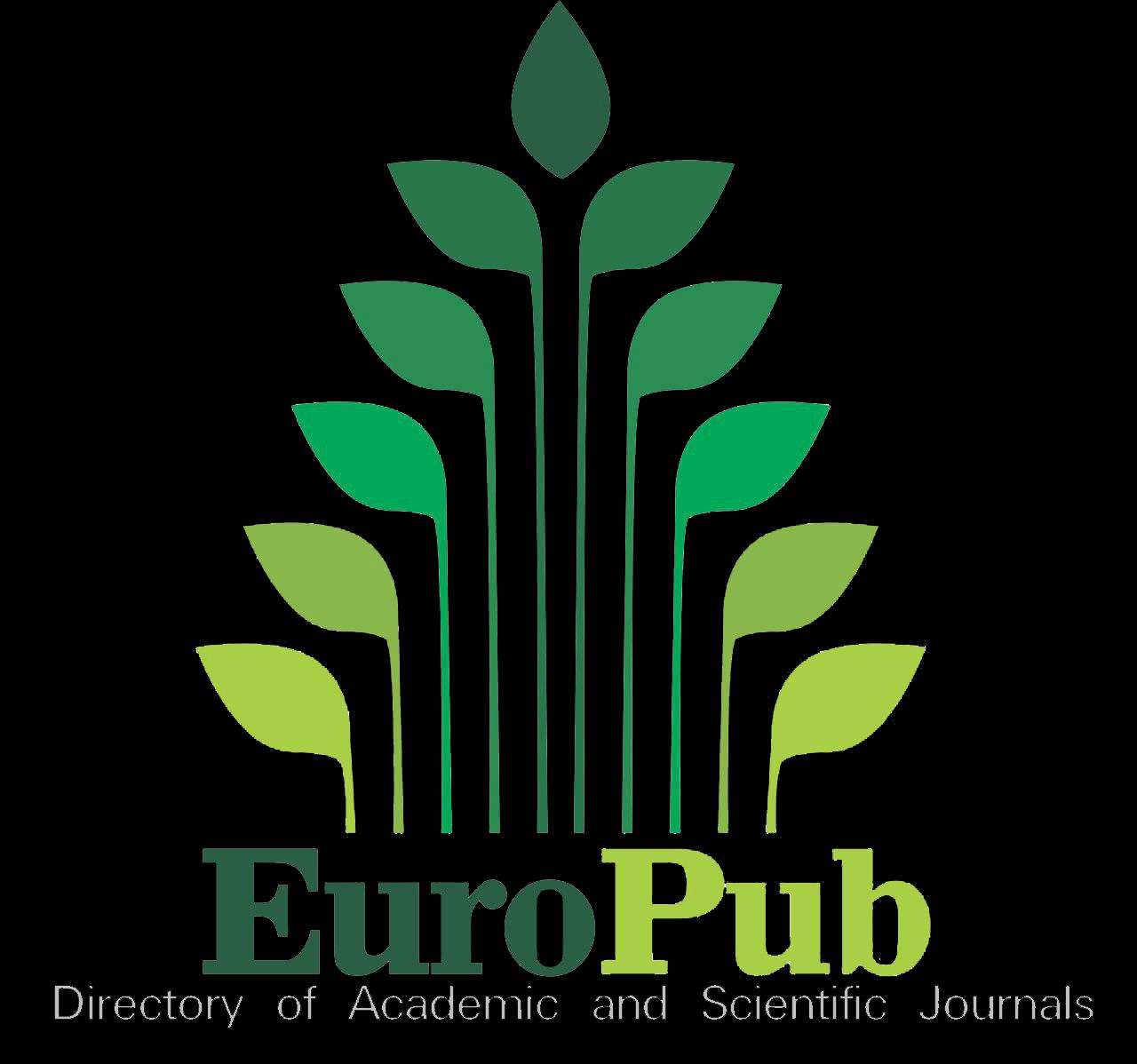Plagarism Policy
Plagiarism Definition: Plagiarism involves using someone else's language, text, ideas, or expressions without authorization and presenting them as one's original work.
Self-Plagiarism: Includes practices like duplicate or redundant publications, text recycling, and salami slicing (dividing research into multiple smaller publications).
Guidelines Compliance: IJACR adheres to the guidelines and standards established by COPE, ICMJE, and the Higher Education Commission (HEC) of Pakistan regarding plagiarism.
Similarity Check: IJACR uses TURNITIN to check the similarity index of submitted manuscripts.
The report is shared with the authors if the similarity index is 50% or less.
If the similarity index exceeds 50%, the manuscript is rejected without further review or processing.
HEC Requirement: The Higher Education Commission (HEC) of Pakistan mandates that the similarity index should be less than 19% to confirm the originality of the work.
Supplementary Files: Authors who have already checked their manuscripts using TURNITIN may submit the similarity report as a supplementary file.
Consequences of Plagiarism:
After Publication: If plagiarism is discovered after publication, the article will be retracted, and the authors may face temporary or permanent exclusion, with notification sent to their parent institution for possible disciplinary action.
Before Publication: If plagiarism is detected before publication, the manuscript will be rejected, and the authors may be prohibited from submitting future manuscripts to IJACR for a specified period.

